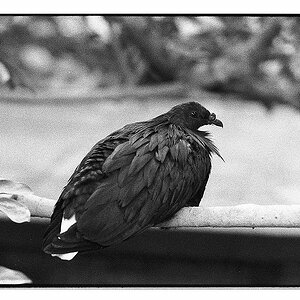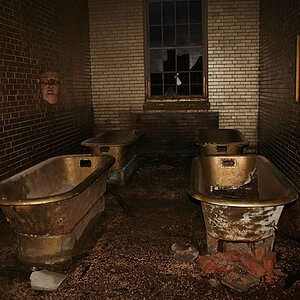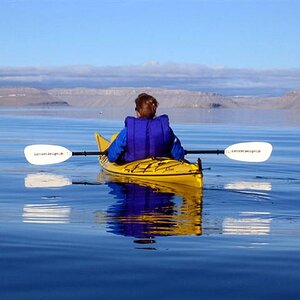JH100
TPF Noob!
- Joined
- Dec 14, 2011
- Messages
- 47
- Reaction score
- 3
- Location
- Louisiana
- Can others edit my Photos
- Photos NOT OK to edit
Hello,
I really enjoy photography and while I know I have ways to go before I could start a business, I think that it might be something I'd enjoy doing professionally. I have some questions about it, though:
Is it extremely difficult to break into this field? There seem to be a lot more photographers now since DSLRs are really accessible. How difficult is it to maintain a steady income?
About how much equipment is necessary to be well-equipped? Are there any other considerations that I am missing?
Thanks in advance.
I really enjoy photography and while I know I have ways to go before I could start a business, I think that it might be something I'd enjoy doing professionally. I have some questions about it, though:
Is it extremely difficult to break into this field? There seem to be a lot more photographers now since DSLRs are really accessible. How difficult is it to maintain a steady income?
About how much equipment is necessary to be well-equipped? Are there any other considerations that I am missing?
Thanks in advance.






![[No title]](/data/xfmg/thumbnail/32/32929-22e23acc63d6ecb25e5ee941be87121f.jpg?1619735758)


![[No title]](/data/xfmg/thumbnail/32/32930-09414fc020c2a60a456ff59a05c5ef8f.jpg?1619735759)

![[No title]](/data/xfmg/thumbnail/35/35670-0571a45fff5cc94fc333fb959ce54517.jpg?1619737091)

![[No title]](/data/xfmg/thumbnail/38/38261-db20f6f92ee8f0d4c5cf1536e308638b.jpg?1619738546)